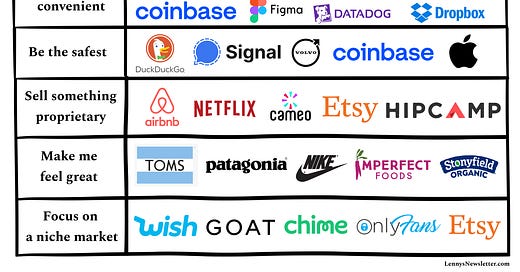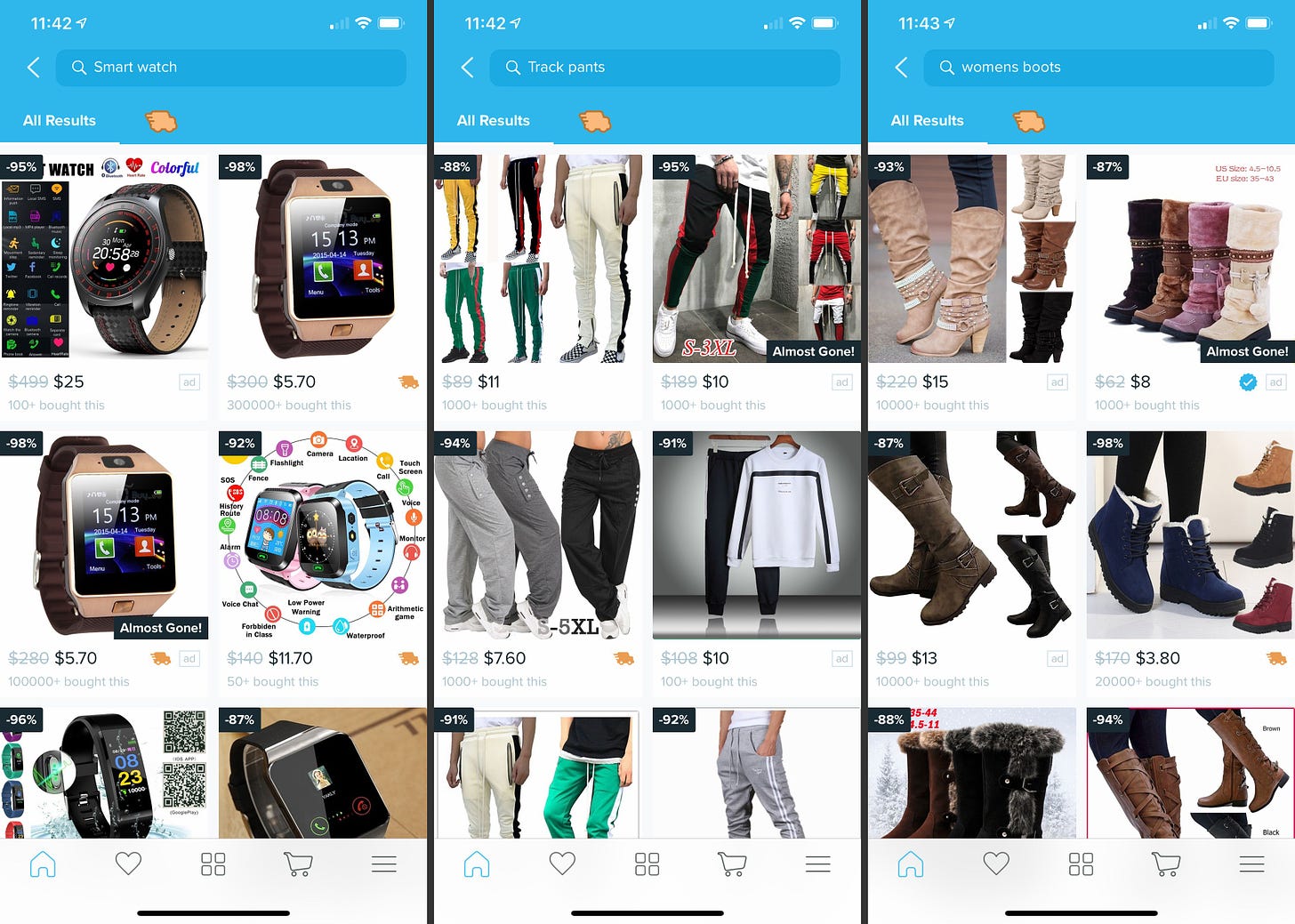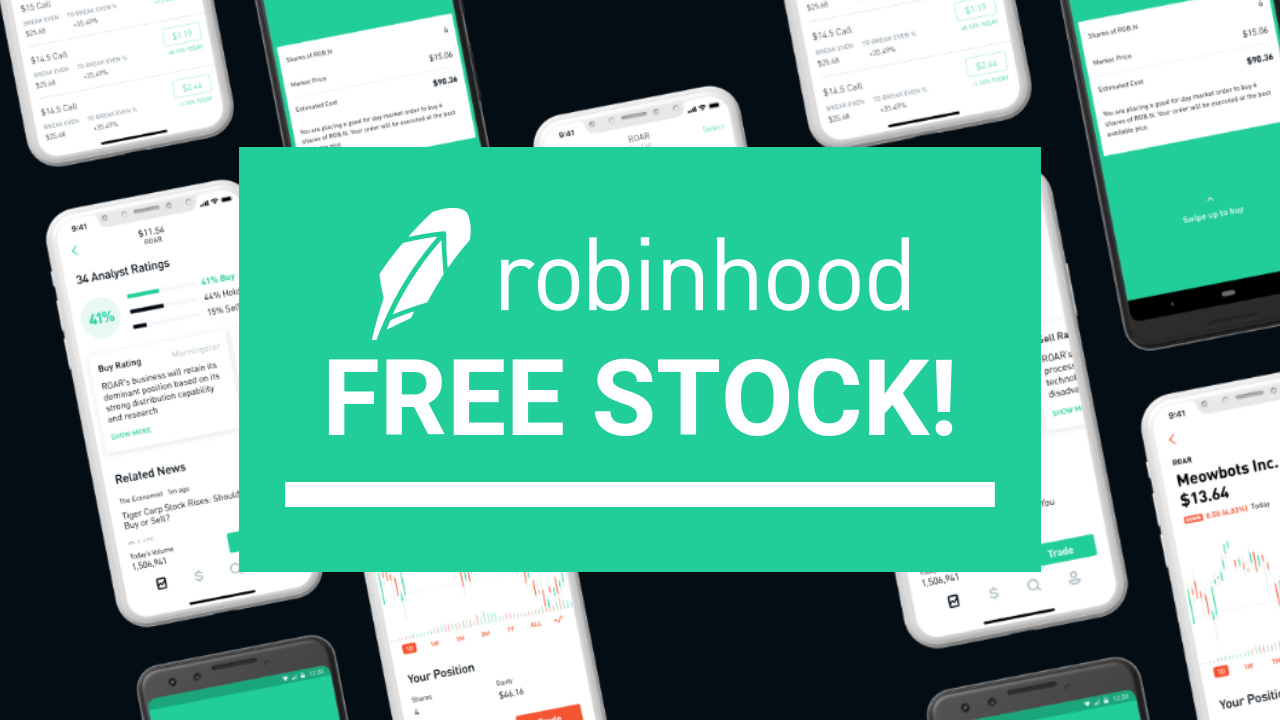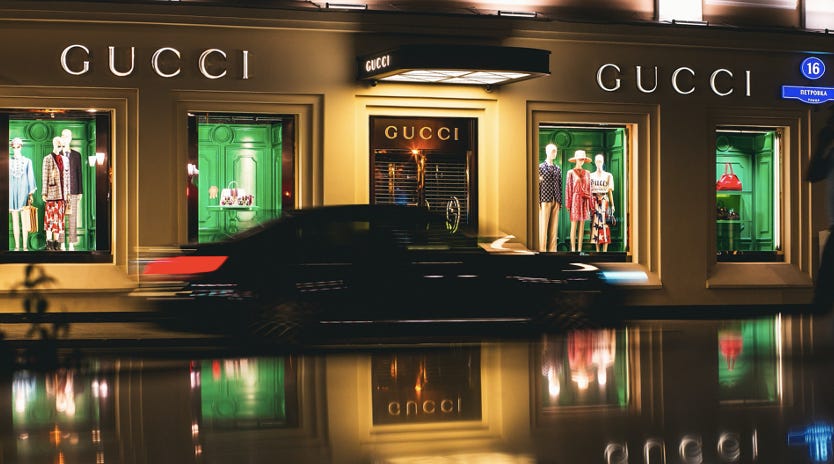Differentiating your product
Hey there 👋 Welcome to a 🔒 subscriber-only edition 🔒 of my weekly newsletter. Each week I tackle reader questions about product, growth, working with humans, and anything else that’s stressing you out about work. Send me your questions and in return I’ll humbly offer actionable real-talk advice.
Q: I know differentiation is important, but why is that, and what are ways we can differentiate our product?
Michael Porter, one of the most cited authors in business and economics and generally seen as the godfather of business strategy, spent decades studying what it takes to build a durable business. He found that there are only two paths to winning a market:
Operational effectiveness: Performing activities better than rivals
Differentiating: Performing activities differently, or performing different activities, than rivals
You have to do it better or you have to do it differently. Even more interestingly, Porter found that even if you go the first route and beat your early rivals through operational effectiveness, you’ll probably still need to differentiate down the road:
“Constant improvement in operational effectiveness is necessary to achieve superior profitability. However, it is not usually sufficient. Few companies have competed successfully on the basis of operational effectiveness over an extended period, and staying ahead of rivals gets harder every day. […] Competing to be unique is ultimately more sustainable than competing to be the best.”
—Michael Porter, On Competition
Why? Because your competition will learn from your success, copy you, and eat away at your margins. It becomes a race to the bottom. If you can instead run a different race, the competitive field becomes less crowded. This is why Etsy came back to its roots after trying (and failing) to beat Amazon, how Airbnb (unique) and Booking.com (cheapest) can both co-exist, and why Apple continues to stay high-end in spite of the huge low-end technology market.
“If you stay in the shadow of your larger competitors and never establish your differentness, you will always be weak.”
—Jack Trout, Differentiate or Die
Differentiating becomes even more important if you’re entering a crowded market or coming after an established player. You need to give people a reason to choose you, and to even pay attention in the first place. Think about Robinhood coming after Fidelity and Schwab by offering a cheaper alternative (i.e. not trying to beat them at their own game), Whole Foods entering the grocery business by differentiating through quality (rare at the time) , and Signal going after the messaging space by obsessing over trust (before it was cool). As Jack Trout said, “differentiate or die.”
Seeing how important differentiation is, I was surprised to find very little advice on how one can differentiate. There are great books and posts about positioning (i.e. how to communicate your product) and counter-positioning (i.e. how to make it hard for your competitors to copy you), but not on how to actually design and build your product to be differentiated. What could you actually do differently? I spent this week looking at hundreds of companies and found that there are seven common ways to differentiate:
Be the cheapest
Be the highest quality
Be the most convenient
Be the safest
Sell a proprietary product
Sell something that makes people feel great buying
Focus on a niche underserved market
If you’re having a hard time getting attention for your product, especially in a crowded market, consider picking one of these differentiators and going all-in.
1. Be the cheapest
The most obvious way to differentiate your product within a crowded market is to offer the lowest price. People love low prices. This is how ARCO differentiates within the gas market, Geico within the insurance market, and Wish within the very crowded e-commerce market.
You can go beyond being the cheapest option to differentiating by (1) being the completely free alternative, like Robinhood and Chime, or even (2) making customers money, like BlockFi and Compound. Long-term, this is a tough way to differentiate because it’s essentially winning through operational effectiveness—which we saw above, rarely lasts.
2. Be the highest quality
At the other end of the spectrum, you can also differentiate (and thus stand out) by selling the highest-quality product. This is Apple, Gucci, Whole Foods, Tesla, MasterClass, and Peloton’s differentiation strategy. You can choose from many alternatives, but when you want a great experience, you know where to go.
“We never had an objective to sell a low-cost phone. Our primary objective is to sell a great phone and provide a great experience.”
—Tim Cook, CEO of Apple








